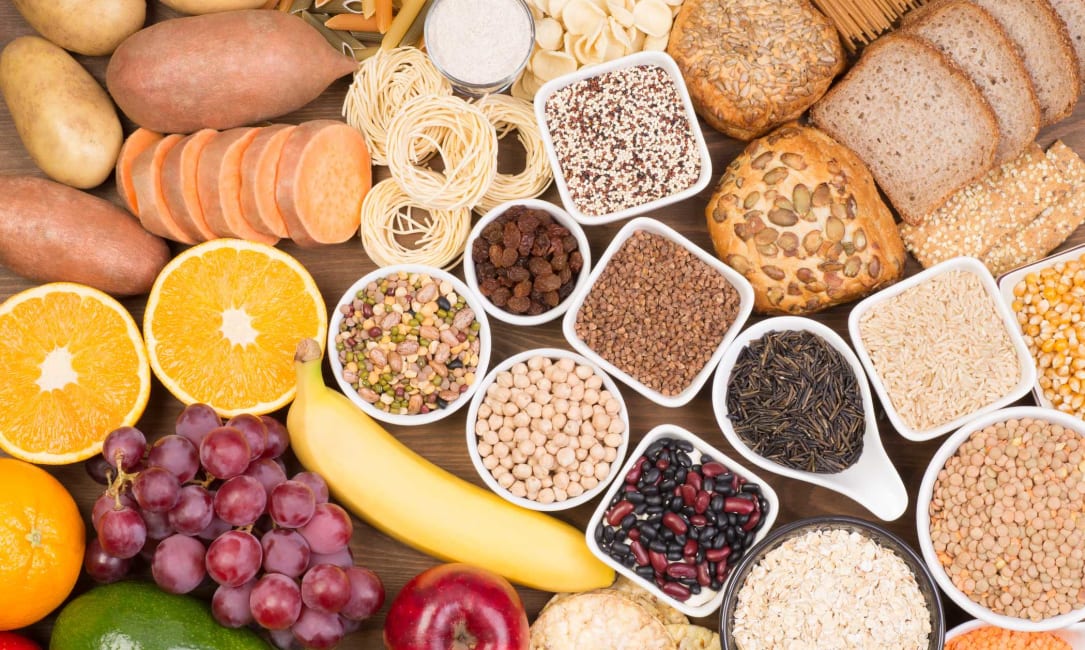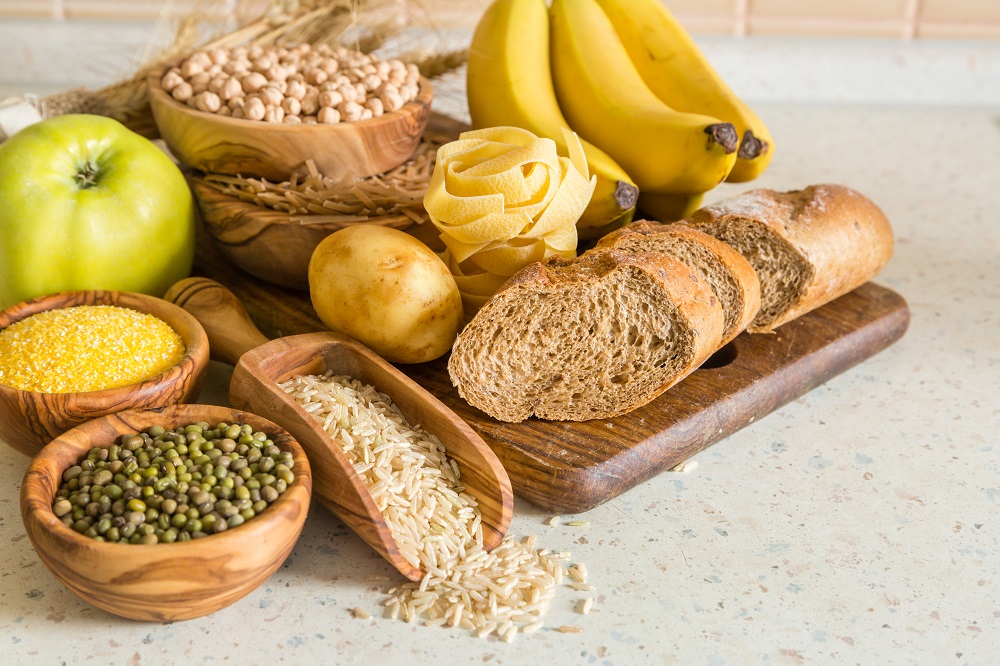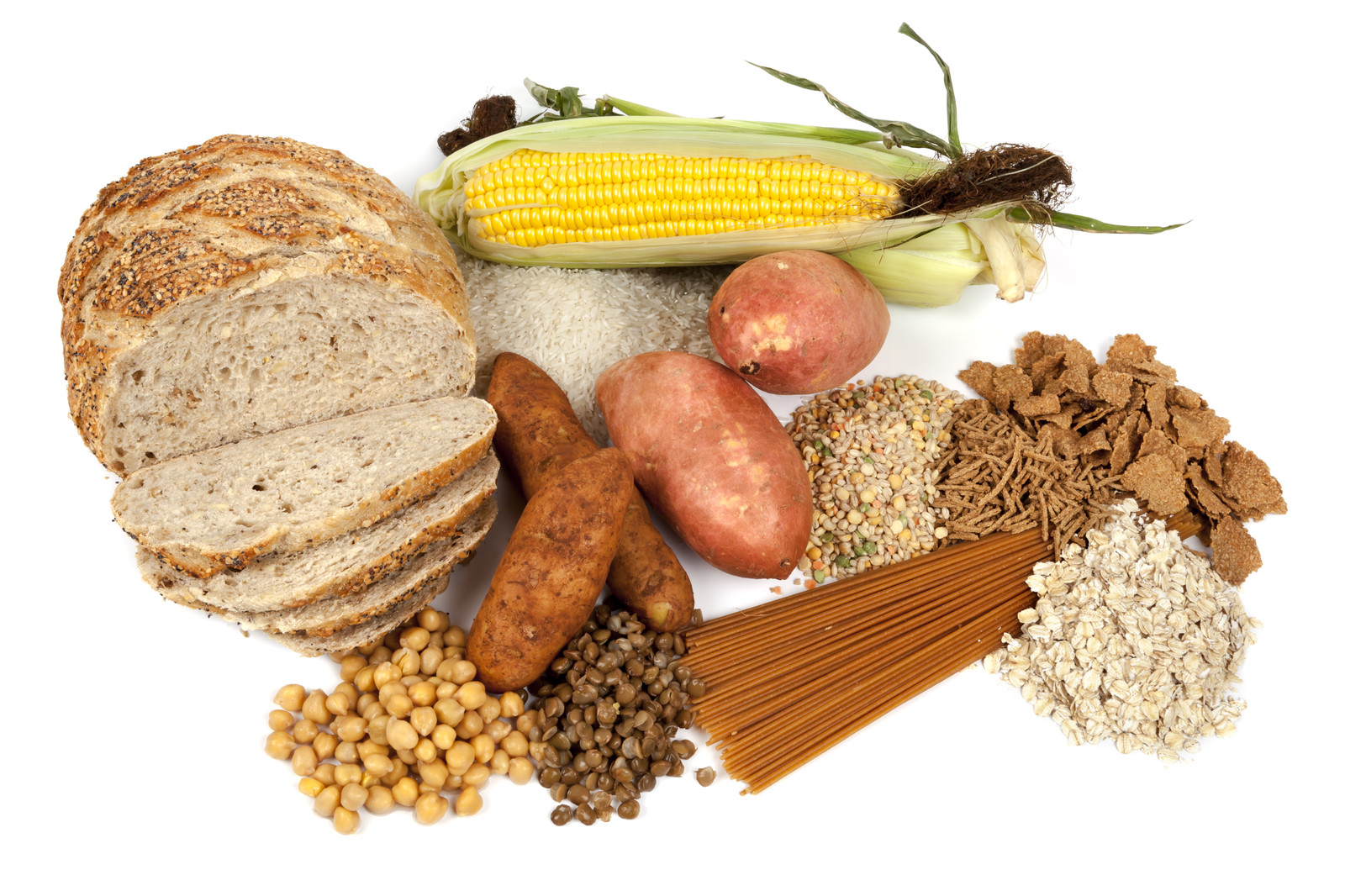what are good sources of complex carbohydrates Carbohydrates – our source of energy – nutrition meets food science
Carbohydrates are often a controversial topic in the world of fitness and nutrition. There are many myths surrounding carbs, ranging from claims that they should be completely avoided to suggestions that they are the key to long-lasting energy and happiness. However, the reality is that not all carbs are created equal, and there are some types that should be your best friends if you want to feel fit, healthy, and balanced. Let’s start with complex carbohydrates. These are essentially longer chains of sugar molecules, which take longer for our bodies to break down and use for energy. As a result, they provide a sustained source of energy that can last throughout the day. Some examples of complex carbohydrates include whole grains, legumes, and vegetables such as sweet potatoes and squash. When you consume complex carbs, your body releases glucose slowly into the bloodstream, which means you avoid the blood sugar spikes and sudden crashes that can come with consuming simple carbs (more on those later). This steady release of glucose is what gives you a consistent source of energy that can help you power through your workouts, stay alert and focused during the day, and avoid the mid-afternoon slump. So, how can you make sure you’re incorporating complex carbs into your diet? Opt for whole grains whenever possible, such as brown rice, quinoa, and oats. These foods are rich in fiber, which helps keep you feeling full and satisfied, and also supports healthy digestion. You can also add legumes to your meals, such as chickpeas, lentils, and black beans. These plant-based proteins are not only good for your muscles, but also contain a variety of nutrients like iron, magnesium, and B vitamins. Vegetables are also a great source of complex carbs, and can be easily incorporated into any meal. Roast some sweet potatoes as a side dish, add some squash to your stir fry, or make a big salad with plenty of leafy greens, cruciferous veggies like broccoli and cauliflower, and colorful bell peppers. These veggies are full of fiber, vitamins, and antioxidants, all of which support your overall health and wellbeing. It’s worth noting that not all carbs are created equal, and there are some types that should be limited or avoided if you want to feel your best. Simple carbohydrates, for example, are essentially chains of one or two sugar molecules, which are rapidly broken down and absorbed by the body. Foods like candy, soda, and other sugary snacks are examples of simple carbs, and when consumed in excess, they can lead to blood sugar imbalances, cravings, and even weight gain. At the end of the day, when it comes to carbohydrates, quality is key. Focus on incorporating complex carbs into your diet, and limit simple carbs and processed foods whenever possible. With the right balance of nutrients, you can feel energized, strong, and ready to tackle whatever challenges come your way.
If you are looking for How Many Carbs Should You Eat a Day with PCOS? - Martha McKittrick you’ve visit to the right page. We have 5 Pics about How Many Carbs Should You Eat a Day with PCOS? - Martha McKittrick like Complex Carbohydrates - lyonsdenfitness, Carbohydrates – Our Source of Energy – Nutrition Meets Food Science and also Carbohydrates – Our Source of Energy – Nutrition Meets Food Science. Here it is:
How Many Carbs Should You Eat A Day With PCOS? - Martha McKittrick
 marthamckittricknutrition.comcarbs eat many carbohydrates food sources pcos should nutrition
marthamckittricknutrition.comcarbs eat many carbohydrates food sources pcos should nutrition
Complex Carbohydrates - Lyonsdenfitness
 lyonsdenfitness.co.ukcarbohydrates complex
lyonsdenfitness.co.ukcarbohydrates complex
Carbohydrates In A Plant Based Diet | Challenge 22
 challenge22.comCarbohydrates – Our Source Of Energy – Nutrition Meets Food Science
challenge22.comCarbohydrates – Our Source Of Energy – Nutrition Meets Food Science
 nutritionmeetsfoodscience.comcarbohydrates marilyna
nutritionmeetsfoodscience.comcarbohydrates marilyna
Which Carbohydrates Should Be Your Best Friends? - Fitness Tips
 www.steamtrainfitness.comcarbohydrates
www.steamtrainfitness.comcarbohydrates
Complex carbohydrates. Carbs eat many carbohydrates food sources pcos should nutrition. Carbohydrates complex